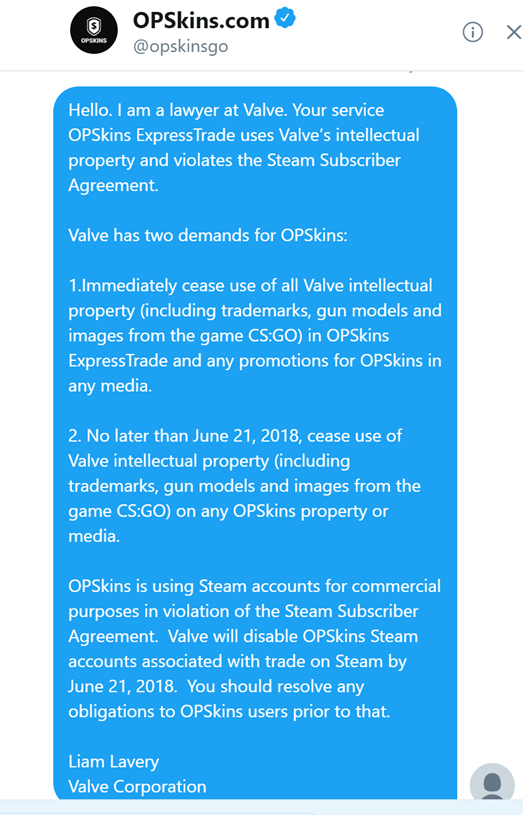This logic might hold weight if people were forced or compelled to use the service however they're not, it's an optional service to which end users regardless of location agree to the terms therein and understand the implications of what a purchase actually nets them. There's zero legal work around for this, none, it can't be arbitrated because the very act of using the platform and making a purchase clearly discloses to the end user that they are not actually purchasing a game, they are not actually purchasing a license, they are purchasing a subscription which grants access to a license.
Obviously there's a morality issue at play here but the terms are as clear and day, black and white, no one is being misled and when optionally using the platform and making purchases you are of sound mind making a conscious decision to accept and be held by these terms. A clickwrap is a legally binding contract if the issuer provides opportunity and reasonable notice to review the terms before agreeing, that of which Valve does for the Steam platform. Furthermore even if there were some kind of arbitration to result from all of this, what is the intended result and what would the rationalization be to arbitrate and be awarded something?
Your anecdotes are meaningless in the face of clear text that tells you exactly what you are purchasing. You're not purchasing games, you're not purchasing licenses, you are purchasing subscriptions. How can one arbitrate against a subscription which has no intrinsic product ownership behind it? The court can't grant you licenses, the court can't grant you games, the court can't grant you your money back as it was used in service of the subscription which was voided, so what exactly would be the goal here and how would it be enacted?
This is ironclad, you're like a fish out of water right now.




